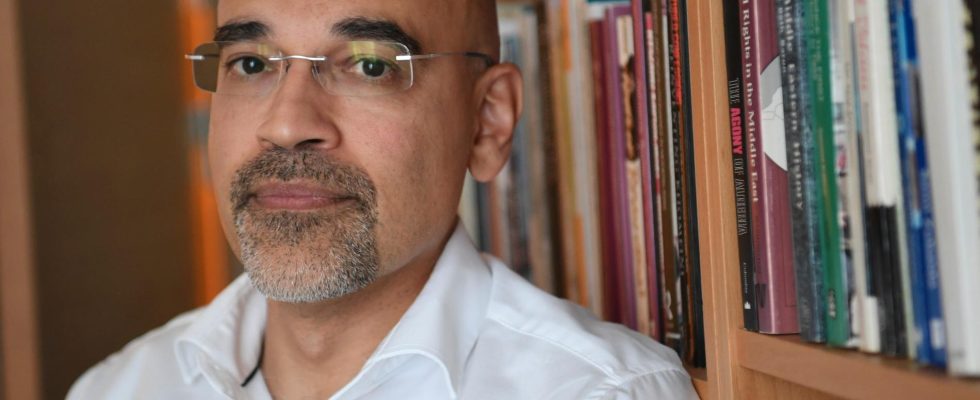It is not necessarily a coincidence that Iran is putting Johan Floderus on trial, according to Iran expert Rouzbeh Parsi.
The Court of Appeal verdict against the Iranian Hamid Noury will be handed down shortly, and the publication of the charges against Floderus could be an attempt by Iran to influence the outcome, he says.
The trial against the imprisoned EU official Johan Floderus has begun in Tehran.
For a long time, the charges against the Swede, who was arrested during a holiday in Iran in April last year, have been unknown. But on Sunday, the Iranian news agency Mizan reports that they concern espionage on behalf of Israel and “corruption on earth.”
It is impossible to know what grounds the legal apparatus is basing the prosecution on, says Rouzbeh Parsi, program manager for the Middle East and North Africa program at the Foreign Policy Institute.
– No country in the world discloses the grounds on which a spy charge is based, so they have a perfect excuse to make these accusations without having to publicly lead them with evidence, says Parsi.
Ideological enemies
According to Rouzbeh Parsi, it is precisely Israel that Johan Floderus allegedly spied for is not surprising given the countries’ shared history.
– Israel is Iran’s ideological enemy and is also the country that has caused them the most damage, on Iranian territory.
The charges are serious, he says.
– But it is also the standard accusation against those who are arrested and prosecuted for political reasons: You are an enemy of God and or you have spied for country X – and Israel is the favorite country.
Checker in a game
Floderus risks being sentenced to anything from prison to death, but Parsi considers it unlikely that a death sentence would be carried out in his case.
Why?
– Because he is a foreigner and I think he is primarily used as a bargaining chip in the game with Sweden – he is not useful as a bargaining chip if he is dead, he says.
The “game” that Parsi is talking about is about the ongoing legal case against the Iranian Hamid Noury in Sweden. He was sentenced last year in the district court to life imprisonment and deportation for grave crimes against international law and murder, for his involvement in the executions of political prisoners in Iran in 1988. The case will be decided by the Court of Appeal, which will announce the verdict on December 19.
– It is likely that the timing is not completely random. Iran may want to exert additional pressure on Sweden in the belief that through this they can influence the verdict, pointing out that “if we don’t do a prisoner exchange, Floderus will end up really badly,” says Parsi.
Political gain
What consequences could a fixed life sentence for Noury in the Court of Appeal have for Floderu’s case?
– Negative, for example that they speed up the process and judge him faster.
If Floderus is sentenced to a longer prison term, there is still a chance he could be released and extradited before serving his full sentence, according to Parsi. But in that case, Sweden will probably have to make some kind of concession, he says.
– In any case, that is their calculation, but whether it goes home is another matter. There may also be other situations, such as one where it is in their best interest to have him imprisoned, then they release him. The point here is that the political outcome is a more important benchmark than law and order, it is what guides their decisions.
